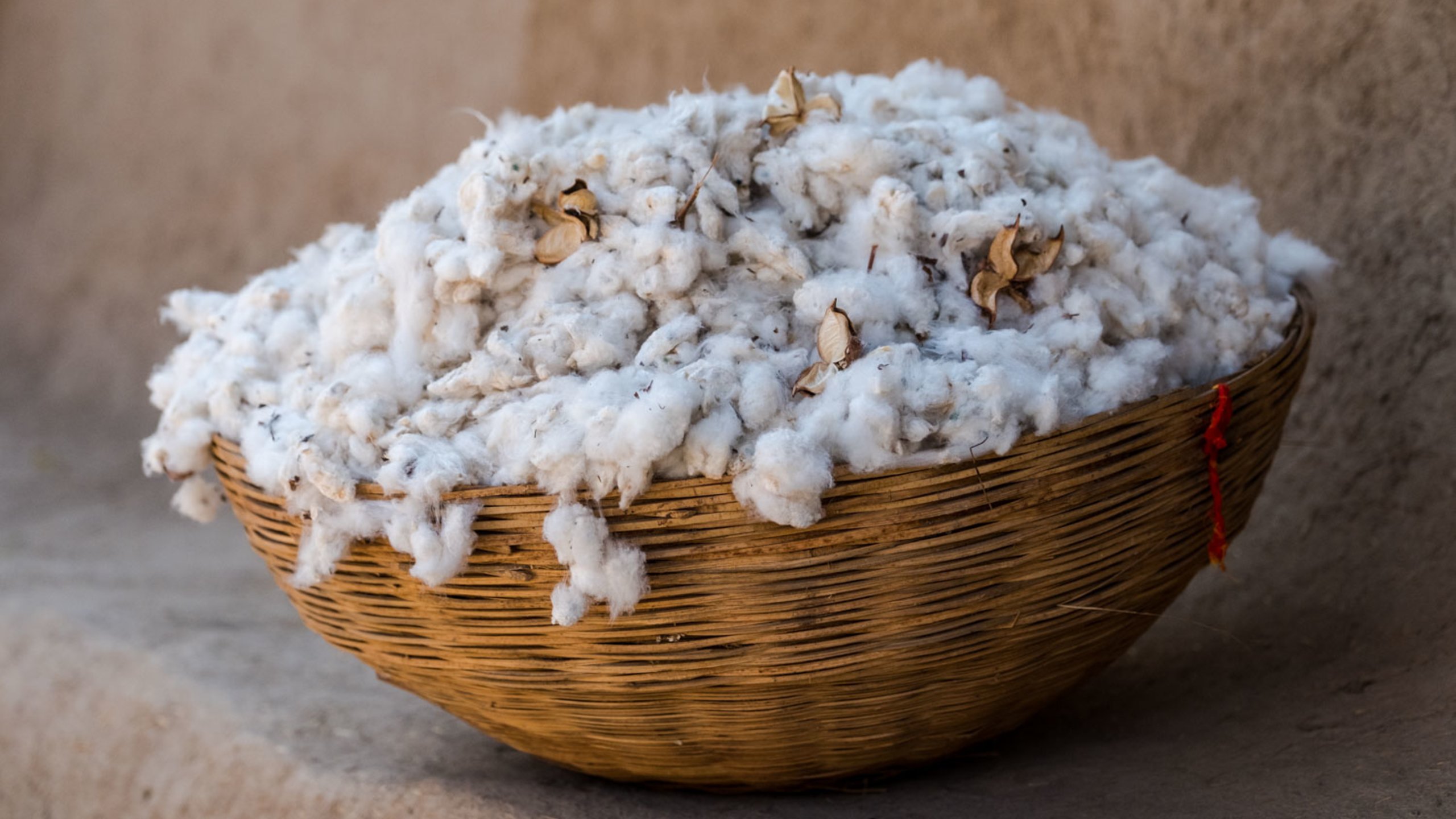Accelerating Organic Cotton Production and Integrity
External Interim Evaluation of the Organic Cotton Accelerator (OCA) Initiative
13 June 2022

The Organic Cotton Accelerator (OCA) aimed to unite organic cotton sector actors (brands, retailers, suppliers, farmers, civil society and philanthropy) around a common agenda for joint action on improving organic cotton production and supply, and to bolster the integrity of the organic cotton sector.
Objectives:
OCA's objectives are focused on:
- The Farm Programme for the creation of a secure market and the provision of fair prices for farmers, while delivering transparency from the start of the supply chain; and
- The Seed and Innovation (SI) Programme, which provides joint investment through OCA’s contributing members on various topics such as seed integrity and supply, research, supply chain traceability, training and capacity building, and industry standards to create the enabling conditions for organic cotton to thrive.
- The OCA ‘multi-stakeholder’ platform, which provides a forum for learning and exchange between its members.
Facts:
Partner: Organic Cotton Accelerator (OCA)
Investment: EUR 1.2 million from 2018-2020 and EUR 3.6 million from 2020-2023
Duration: 2018 - 2023
Geographic region: Global (with a focus on India)
Results
OCA's progress towards building momentum for change in the organic cotton sector has been significant but warrants enhanced and continued cooperation with stakeholders in the supply chain.
- OCA's signature direct-to-farm sourcing model has been viable, as evidenced by increased brand buy-in and the number of farmers. Ten brands, which includes a few large and influential companies, have been brought on board and they have begun to shift their organic cotton sourcing models.
- Under the Farm Programme, there has been exponential growth in the number of farmer participants, including 58,000 certified organic farmers and 21,000 ‘in-conversion’ farmers, which covers a third of organic cotton farmers in India, as of 2021. While this is a significant proportion of India’s cotton farmer population, further growth is needed. OCA has garnered interest in the model through its provision of guaranteed premiums for farmers and a stable supply of organic cotton for brands. This momentum needs to continue in order to change business as usual practices in the organic cotton sector.
- At present, the motivation for supply-chain stakeholders to participate in OCA’s direct-sourcing model is less evident and all actors continue to face challenges in the adoption of organic cotton and participating in the direct-to-farm model.
OCA's contribution as a multi-stakeholder initiative and it’s work on seed supply and supply chain integrity has had mixed results.
- OCA has contributed to the creation of interest and processes that are shifting mindsets in the organic cotton space. The platform is perceived to bring greater predictability and fairness to the sourcing of organic cotton, as well as a useful pre-competitive space with which to explore “win-win” scenarios among stakeholders to address sector constraints.
- OCA’s platform has grown and diversified in its membership from eight founding members in 2016 to 31 in 2021, and includes brands, suppliers and civil society organisations (CSOs), although farmers’ direct representation is not prominent.
- Through the seed integrity work, OCA is providing non-GMO seeds to farmers through its participatory breeding programme and the certification of seed companies for non-GMO production. OCA has also contributed to improving the capacity for GMO testing, thereby supporting the better assessment of GMO contamination along the supply-chain. While this represents nascent progress, major challenges remain with regards to seed availability and traceability in the sector.
What did we learn?
Laudes Foundation
- Contributing towards changes in a complex, interconnected sector such as organic cotton, which has several facets (farmer participation, brand buy in, supply chain and seed integrity issues), takes time and needs to be sustained over the long term.
- Getting the right mix of stakeholders is foundational to the growth of a multi-stakeholder initiative.
- There is always potential for establishing synergy, learning and collaboration among actors in a busy space with overlapping mandates.
For Partners & Others
- Brand collaboration and buy-in takes time.
- Building a business case for different stakeholders. including brands and farmers, is critical to support organic cotton production.
- Brand uptake of organic cotton is directly related to their commitment to sustainability and need for increased organic cotton volumes, with greater assurance of authenticity and integrity.
- Organic cotton farmers’ criteria for continuing with their organic practices are determined by production costs, support services from local implementing partners, as well as premium payments.
